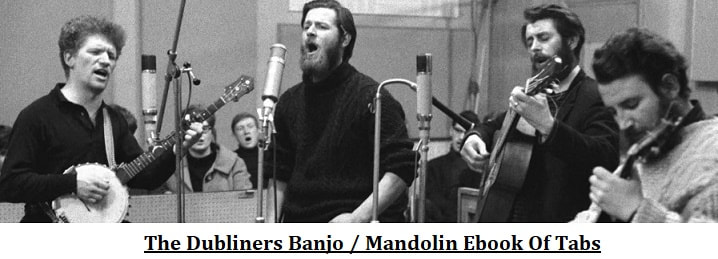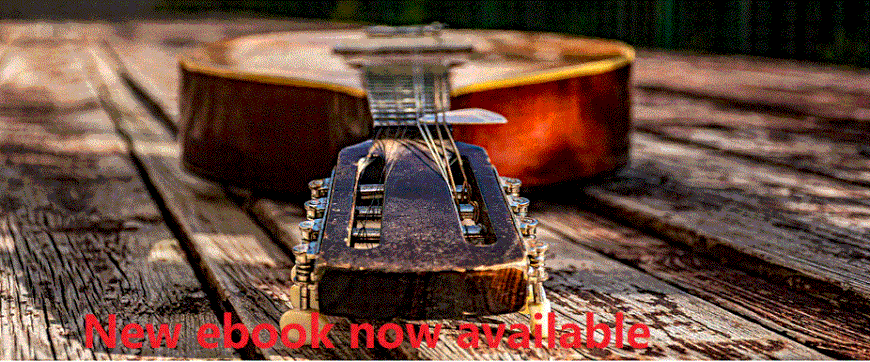We'll Meet Again Mandolin Tab By Vera Lynn
We'll Meet Again Mandolin and tenor banjo sheet music Tab By Vera Lynn in the key of G Major plus another version in the lower key of D Major. The first version has the piano chords included plus it has two verses. We'll meet again guitar chords added.
Music has always been a powerful tool to evoke emotions, create connections, and unite people. Throughout history, songs have been used to convey messages of hope, love, and resilience during times of turmoil and uncertainty. One such song that has stood the test of time and continues to hold a special place in the hearts of people is 'We'll Meet Again' by Vera Lynn. Released in 1939, this song became an anthem for soldiers and loved ones separated by World War II. In this thesis, we will explore the history, impact, and significance of 'We'll Meet Again' and analyze why it continues to resonate with people even after more than eight decades.
The History of 'We'll Meet Again'
'We'll Meet Again' was composed by English songwriters, Ross Parker and Hughie Charles, in 1939. It was originally written as a love song, but its lyrics took on a deeper meaning when World War II broke out, and it became associated with soldiers leaving their loved ones to fight in the war. The song was first recorded by English singer Vera Lynn in 1939, who at the time was only 22 years old. Lynn's powerful and emotional rendition of the song captured the hearts of the British people and became an instant hit. It was soon adopted by soldiers and their loved ones as their unofficial anthem.
Impact and Significance of 'We'll Meet Again'
'We'll Meet Again' became an important song for soldiers and their families during World War II. It provided a sense of hope, comfort, and reassurance during a time of great uncertainty and fear. The lyrics of the song, which speak of a promised reunion, resonated deeply with soldiers who were leaving their families and loved ones behind to fight in the war. It became a symbol of the unbreakable bond between soldiers and their loved ones, and a reminder that they would see each other again.
The song's impact was not limited to soldiers and their families, but it also became a source of comfort for civilians affected by the war. It reminded them that even though they were facing difficult times, there was still hope for a better future. 'We'll Meet Again' became a popular song in the United Kingdom and the United States, selling over a million copies at the time of its release. It was played on the radio, in theaters, and at public events, becoming a unifying force for people during the war.
'We'll Meet Again' also had a significant impact on the morale of soldiers. It was often sung in camps and on the front lines, bringing a sense of camaraderie and unity among soldiers. The song's lyrics, 'We'll meet again, don't know where, don't know when, but I know we'll meet again some sunny day,' provided soldiers with a sense of optimism and hope for their future.
The Legacy of 'We'll Meet Again'
Even though World War II ended over 75 years ago, 'We'll Meet Again' continues to hold a special place in the hearts of people. It has become an enduring symbol of hope, resilience, and love. The song has been covered by numerous artists over the years, including Johnny Cash, Elvis Presley, and Rod Stewart, among others. It has also been featured in several films, TV shows, and commercials, keeping its message alive for new generations.
In recent times, the song has gained renewed popularity due to its relevance to the COVID-19 pandemic. In April 2020, Queen Elizabeth II referenced the song in her speech to the nation, acknowledging the difficult times we were facing and reminding us that 'we will meet again.' The song became an anthem for frontline workers and those separated from their loved ones during the pandemic, providing a message of hope and solidarity.
Conclusion
In conclusion, 'We'll Meet Again' by Vera Lynn is not just a song, but a powerful representation of the human spirit. Its timeless message of hope, love, and resilience continues to resonate with people, making it a truly remarkable and enduring piece of music. As long as there are wars, conflicts, and challenges in the world, this song will continue to hold a special place in the hearts of people and serve as a reminder that no matter what, we will meet again.
The History of 'We'll Meet Again'
'We'll Meet Again' was composed by English songwriters, Ross Parker and Hughie Charles, in 1939. It was originally written as a love song, but its lyrics took on a deeper meaning when World War II broke out, and it became associated with soldiers leaving their loved ones to fight in the war. The song was first recorded by English singer Vera Lynn in 1939, who at the time was only 22 years old. Lynn's powerful and emotional rendition of the song captured the hearts of the British people and became an instant hit. It was soon adopted by soldiers and their loved ones as their unofficial anthem.
Impact and Significance of 'We'll Meet Again'
'We'll Meet Again' became an important song for soldiers and their families during World War II. It provided a sense of hope, comfort, and reassurance during a time of great uncertainty and fear. The lyrics of the song, which speak of a promised reunion, resonated deeply with soldiers who were leaving their families and loved ones behind to fight in the war. It became a symbol of the unbreakable bond between soldiers and their loved ones, and a reminder that they would see each other again.
The song's impact was not limited to soldiers and their families, but it also became a source of comfort for civilians affected by the war. It reminded them that even though they were facing difficult times, there was still hope for a better future. 'We'll Meet Again' became a popular song in the United Kingdom and the United States, selling over a million copies at the time of its release. It was played on the radio, in theaters, and at public events, becoming a unifying force for people during the war.
'We'll Meet Again' also had a significant impact on the morale of soldiers. It was often sung in camps and on the front lines, bringing a sense of camaraderie and unity among soldiers. The song's lyrics, 'We'll meet again, don't know where, don't know when, but I know we'll meet again some sunny day,' provided soldiers with a sense of optimism and hope for their future.
The Legacy of 'We'll Meet Again'
Even though World War II ended over 75 years ago, 'We'll Meet Again' continues to hold a special place in the hearts of people. It has become an enduring symbol of hope, resilience, and love. The song has been covered by numerous artists over the years, including Johnny Cash, Elvis Presley, and Rod Stewart, among others. It has also been featured in several films, TV shows, and commercials, keeping its message alive for new generations.
In recent times, the song has gained renewed popularity due to its relevance to the COVID-19 pandemic. In April 2020, Queen Elizabeth II referenced the song in her speech to the nation, acknowledging the difficult times we were facing and reminding us that 'we will meet again.' The song became an anthem for frontline workers and those separated from their loved ones during the pandemic, providing a message of hope and solidarity.
Conclusion
In conclusion, 'We'll Meet Again' by Vera Lynn is not just a song, but a powerful representation of the human spirit. Its timeless message of hope, love, and resilience continues to resonate with people, making it a truly remarkable and enduring piece of music. As long as there are wars, conflicts, and challenges in the world, this song will continue to hold a special place in the hearts of people and serve as a reminder that no matter what, we will meet again.







